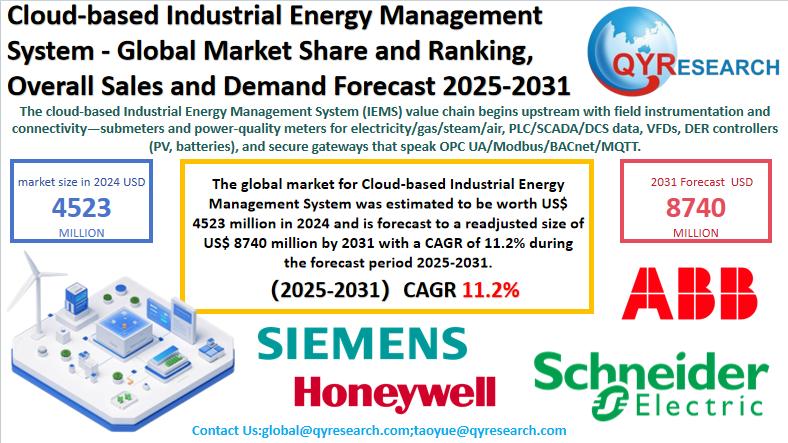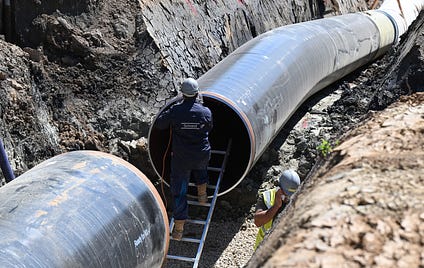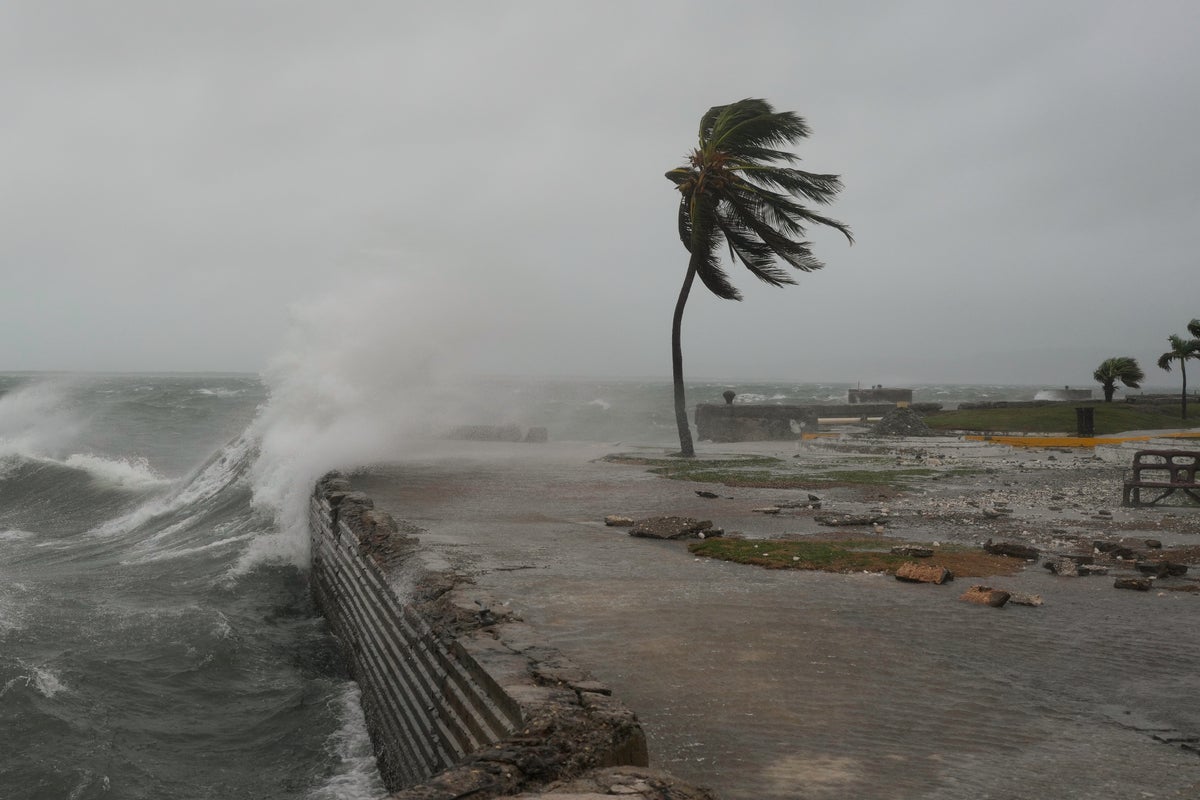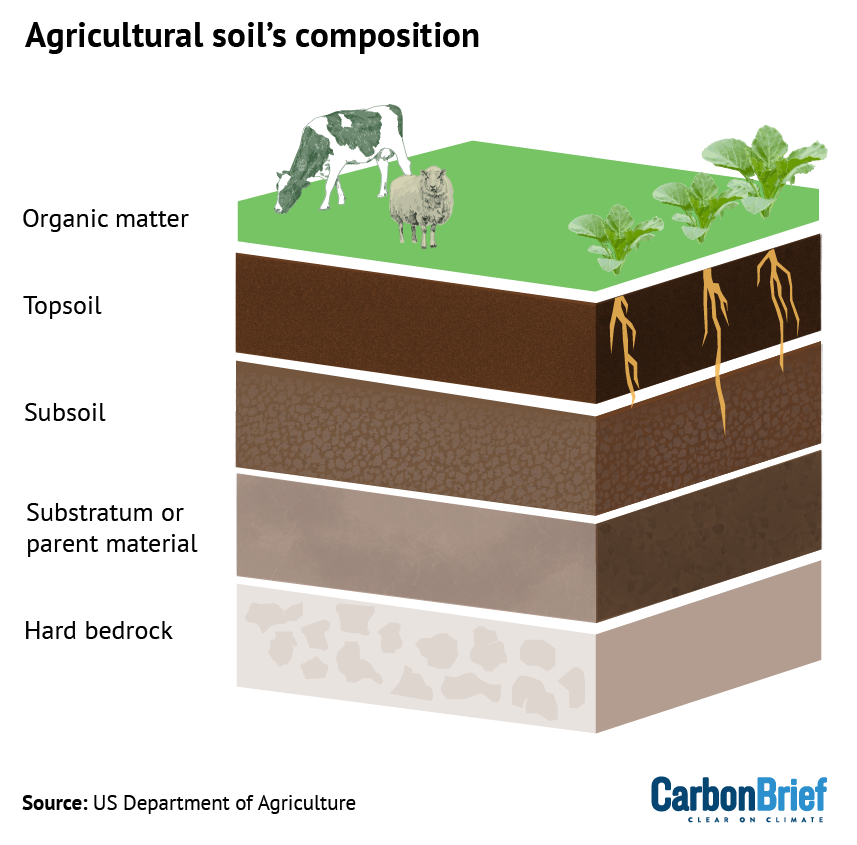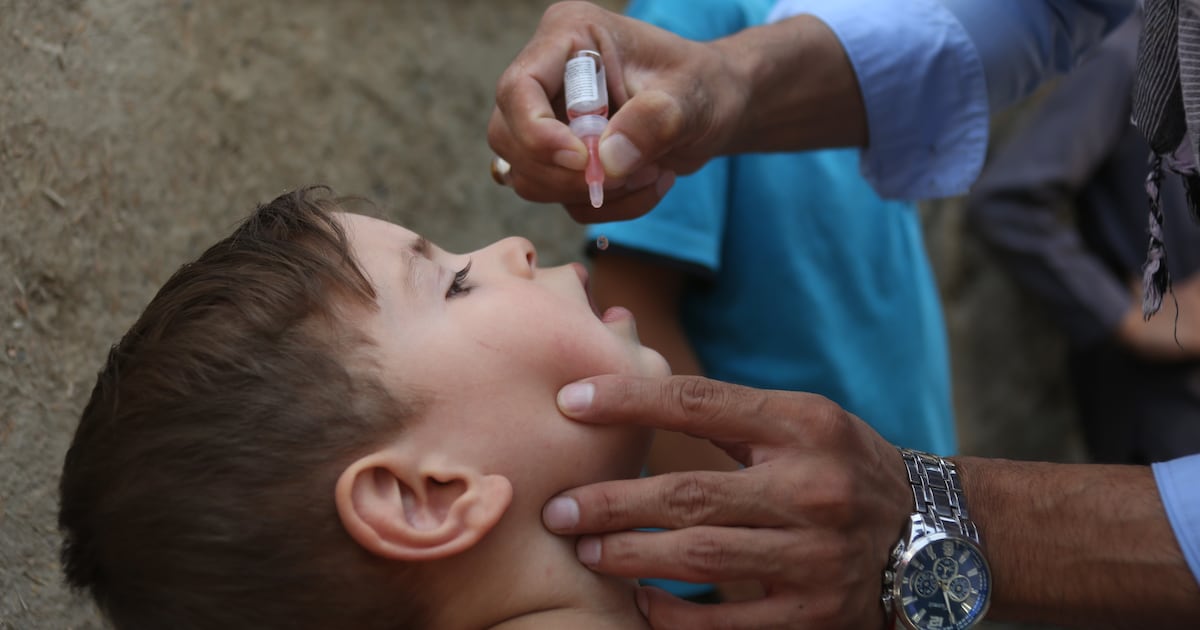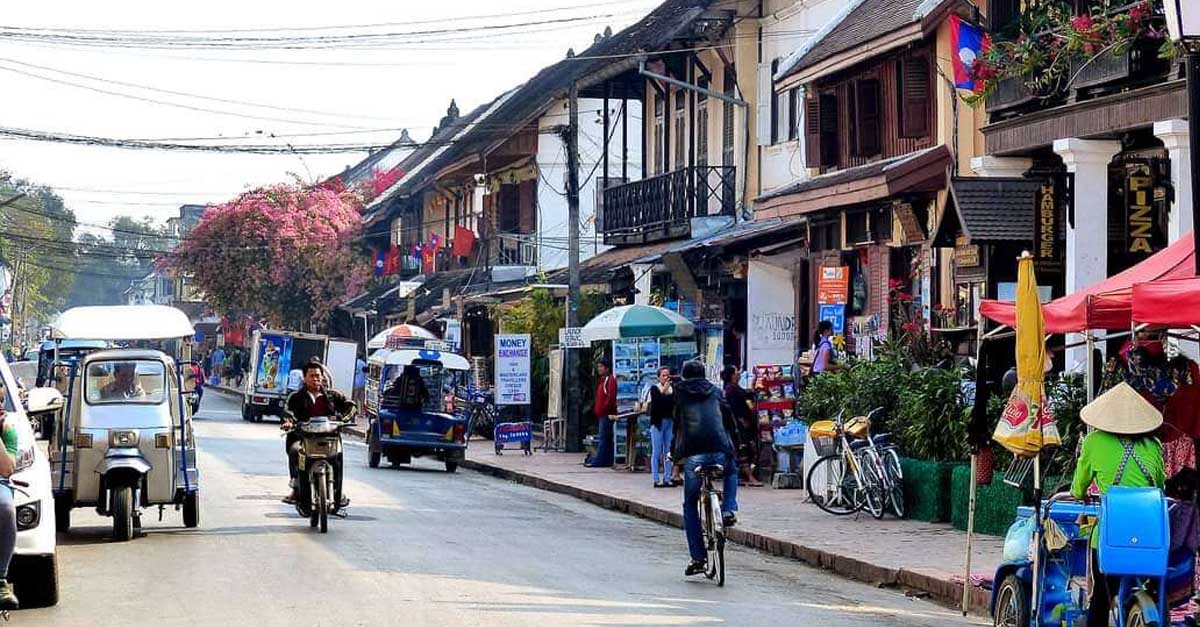New Lawsuit filed Against CARB’s LCFS – Animal Legal Defense Fund
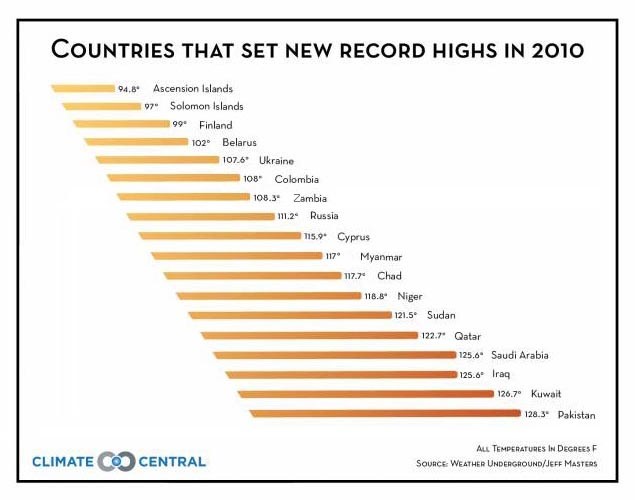
Legal Challenge to California’s Low Carbon Fuel Standard and its Impact on Sustainable Development Goals
Overview of Litigation
- On July 25, 2025, a coalition of environmental and justice advocacy groups initiated legal action against the California Air Resources Board (CARB).
- The lawsuit contests recent amendments to the state’s Low Carbon Fuel Standard (LCFS) program.
- This action is supplementary to a previous lawsuit filed in late 2024, which focused on CARB’s failure to conduct an adequate environmental impact assessment under the California Environmental Quality Act (CEQA).
Core Allegations and Contradictions to Sustainable Development Goals
The central claim is that CARB has prioritized dairy industry profits over its mandate for effective and equitable climate policy. This action directly conflicts with several key United Nations Sustainable Development Goals (SDGs).
- SDG 13: Climate Action: Petitioners argue that by incentivizing factory farm biogas, the LCFS amendments fail to take urgent and effective action to combat climate change, instead rewarding a major source of greenhouse gas emissions.
- SDG 16: Peace, Justice and Strong Institutions: The lawsuit accuses CARB of operating as a “rogue agency” by disregarding legal safeguards, undermining the principle of effective, accountable, and transparent institutions.
- SDG 3 (Good Health and Well-being) & SDG 11 (Sustainable Cities and Communities): The groups contend the policy neglects the negative health and environmental impacts on local communities, undermining the goal of ensuring healthy lives and creating inclusive, safe, and sustainable human settlements.
Analysis of Contested Policies and SDG Implications
Incentivization of Factory Farm Biogas vs. SDG 7 and SDG 12
The LCFS amendments are criticized for creating massive financial incentives for the production of biogas from factory farm operations. This policy is viewed as counterproductive to sustainable development.
- Conflict with SDG 7 (Affordable and Clean Energy): The lawsuit challenges the classification of factory farm biogas as a genuinely “clean” energy source, arguing it perpetuates the environmental harms of an underlying polluting industry.
- Conflict with SDG 12 (Responsible Consumption and Production): Rather than promoting sustainable production patterns, the incentives are seen as entrenching the environmentally damaging model of industrial factory farming for decades.
Environmental Justice and Community Impacts vs. SDG 6 and SDG 10
A primary focus of the legal challenge is the disproportionate impact of the LCFS policy on vulnerable communities.
- Conflict with SDG 6 (Clean Water and Sanitation): The expansion of factory farming, encouraged by the biogas incentives, threatens local water sources with contamination, jeopardizing access to clean water.
- Conflict with SDG 10 (Reduced Inequalities): The policy is alleged to exacerbate environmental inequalities by concentrating pollution in low-income communities and communities of color, directly contravening the goal of reducing inequality within and among countries.
Legal Demands and Involved Parties
Objectives of the Lawsuit
The petitioners seek to compel CARB to adhere to state environmental law and re-align its climate programs with principles of equity and sustainability. The primary objectives are to:
- Force CARB to fully disclose, analyze, and mitigate the significant environmental harms caused by the LCFS amendments as required by the California Environmental Quality Act.
- End the subsidization of factory farm biogas, which is claimed to undermine genuine climate progress.
- Ensure that California’s climate policies promote public and environmental health rather than corporate profits.
List of Petitioners and Representatives
- Animal Legal Defense Fund
- Defensores del Valle Central para el Aire y Agua Limpio
- Food & Water Watch
- Center for Food Safety
- Representation is provided by Leadership Counsel for Justice and Accountability and the Law Office of Brent Newell.
SDGs Addressed in the Article
- SDG 3: Good Health and Well-being
- SDG 11: Sustainable Cities and Communities
- SDG 12: Responsible Consumption and Production
- SDG 13: Climate Action
- SDG 16: Peace, Justice and Strong Institutions
Specific SDG Targets Identified
-
SDG 13: Climate Action
- Target 13.2: Integrate climate change measures into national policies, strategies and planning.
The article focuses on California’s Low Carbon Fuel Standard (LCFS), which is a state-level policy designed to address climate change. The lawsuit challenges the effectiveness and equity of this program, arguing that its amendments “prioritized dairy industry profits over effective, equitable climate action,” thereby questioning the proper integration and execution of the climate policy.
- Target 13.2: Integrate climate change measures into national policies, strategies and planning.
-
SDG 3: Good Health and Well-being
- Target 3.9: By 2030, substantially reduce the number of deaths and illnesses from hazardous chemicals and air, water and soil pollution and contamination.
The lawsuit claims that the California Air Resources Board (CARB) “failed to adequately address the health and environmental impacts of the LCFS amendments.” This directly relates to concerns about illnesses caused by pollution from factory farm biogas production, which the LCFS incentivizes.
- Target 3.9: By 2030, substantially reduce the number of deaths and illnesses from hazardous chemicals and air, water and soil pollution and contamination.
-
SDG 11: Sustainable Cities and Communities
- Target 11.6: By 2030, reduce the adverse per capita environmental impact of cities, including by paying special attention to air quality and municipal and other waste management.
The article mentions that the lawsuit aims to protect “California communities” and involves groups like “Defensores del Valle Central para el Aire y Agua Limpio” (Defenders of the Central Valley for Clean Air and Water). This highlights the program’s localized environmental impacts, particularly on air quality in specific communities.
- Target 11.6: By 2030, reduce the adverse per capita environmental impact of cities, including by paying special attention to air quality and municipal and other waste management.
-
SDG 12: Responsible Consumption and Production
- Target 12.4: By 2020, achieve the environmentally sound management of chemicals and all wastes throughout their life cycle… and significantly reduce their release to air, water and soil in order to minimize their adverse impacts on human health and the environment.
The central issue is the incentive structure for factory farm biogas, a form of waste management. The lawsuit argues that this method is not environmentally sound, as it “continues to reward the biggest polluters” and has significant environmental impacts that CARB allegedly failed to mitigate.
- Target 12.4: By 2020, achieve the environmentally sound management of chemicals and all wastes throughout their life cycle… and significantly reduce their release to air, water and soil in order to minimize their adverse impacts on human health and the environment.
-
SDG 16: Peace, Justice and Strong Institutions
- Target 16.6: Develop effective, accountable and transparent institutions at all levels.
The lawsuit accuses CARB of “acting like a rogue agency by ignoring the requirements and safeguards in California law.” This is a direct challenge to the accountability and transparency of a state institution, suggesting it is not operating effectively or within its legal framework. - Target 16.3: Promote the rule of law at the national and international levels and ensure equal access to justice for all.
The filing of the lawsuit itself is an action to uphold the rule of law, specifically the “California Environmental Quality Act.” The environmental justice and environmental groups are using the legal system to seek justice and force a government agency to comply with the law.
- Target 16.6: Develop effective, accountable and transparent institutions at all levels.
Indicators for Measuring Progress
-
For Target 13.2 (Integrate climate change measures)
- Implied Indicator: The effectiveness and equity of climate programs. The article implies this can be measured by assessing whether programs like the LCFS genuinely “help the climate and California communities” versus primarily benefiting industry profits.
-
For Target 3.9 (Reduce illnesses from pollution)
- Implied Indicator: Analysis and disclosure of health impacts from industrial activities. The lawsuit seeks to “force CARB to disclose, analyze, and mitigate the significant environmental impact,” which implies that a key metric is the level of air and water pollution and its documented effect on community health.
-
For Target 11.6 (Reduce adverse environmental impact)
- Implied Indicator: Air and water quality in communities affected by factory farms. The involvement of “Defensores del Valle Central para el Aire y Agua Limpio” points to air and water quality as key metrics for measuring the environmental impact on communities.
-
For Target 16.6 (Accountable and transparent institutions)
- Implied Indicator: Institutional compliance with environmental laws and regulations. The lawsuit’s reference to the “California Environmental Quality Act” suggests that an indicator of institutional accountability is whether agencies like CARB adhere to legal requirements for environmental impact analysis and mitigation.
Summary of Findings
| SDGs | Targets | Indicators |
|---|---|---|
| SDG 13: Climate Action | 13.2: Integrate climate change measures into national policies, strategies and planning. | Effectiveness and equity of climate action programs (e.g., LCFS) in reducing emissions versus benefiting polluters. |
| SDG 3: Good Health and Well-being | 3.9: Substantially reduce the number of deaths and illnesses from hazardous chemicals and air, water and soil pollution and contamination. | Level of disclosed and analyzed health and environmental impacts from factory farm biogas production. |
| SDG 11: Sustainable Cities and Communities | 11.6: Reduce the adverse per capita environmental impact of cities, including by paying special attention to air quality. | Air and water quality levels in California communities, particularly the Central Valley, affected by industries incentivized by the LCFS. |
| SDG 12: Responsible Consumption and Production | 12.4: Achieve the environmentally sound management of chemicals and all wastes throughout their life cycle. | Level of pollution generated by industries (e.g., factory farm biogas) participating in the LCFS program. |
| SDG 16: Peace, Justice and Strong Institutions | 16.6: Develop effective, accountable and transparent institutions at all levels.
16.3: Promote the rule of law… and ensure equal access to justice for all. |
Compliance of government agencies (CARB) with legal mandates like the California Environmental Quality Act; Use of the legal system by community groups to ensure accountability. |
Source: aldf.org

What is Your Reaction?
 Like
0
Like
0
 Dislike
0
Dislike
0
 Love
0
Love
0
 Funny
0
Funny
0
 Angry
0
Angry
0
 Sad
0
Sad
0
 Wow
0
Wow
0


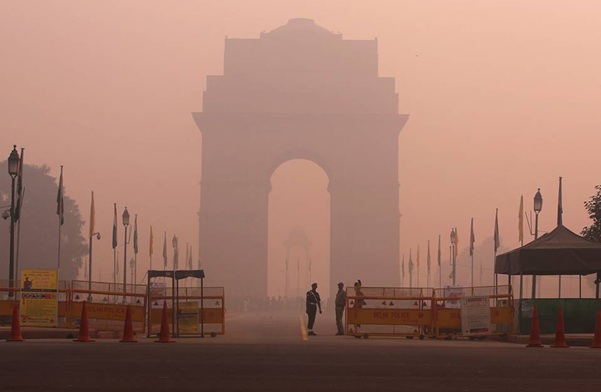




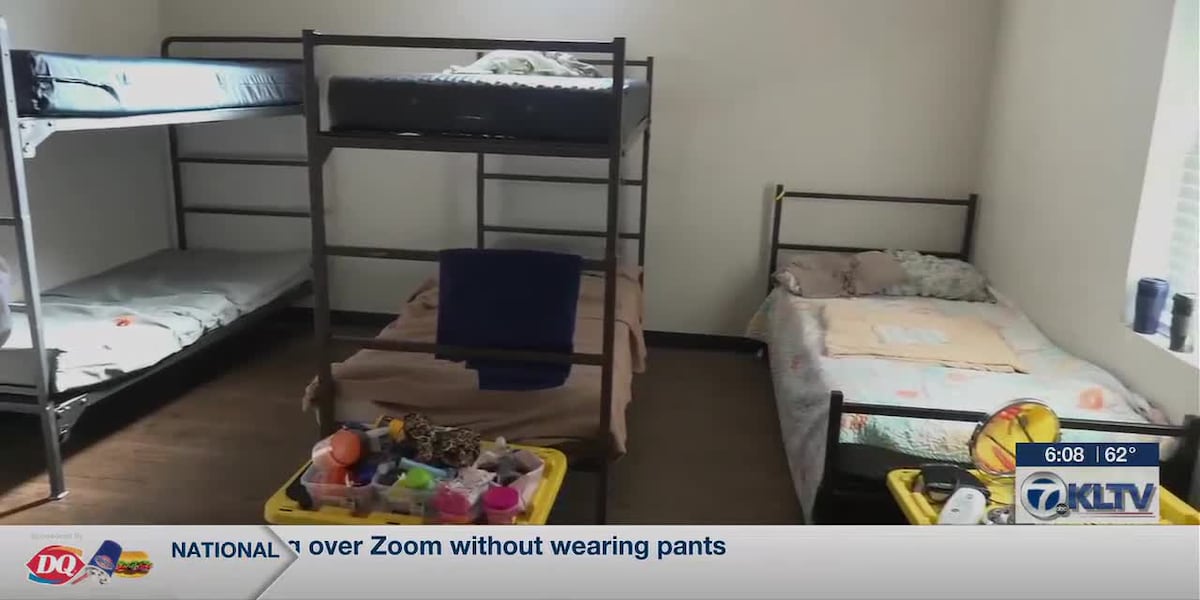



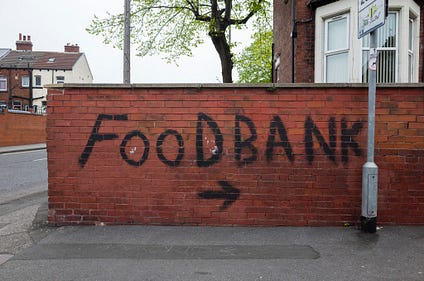

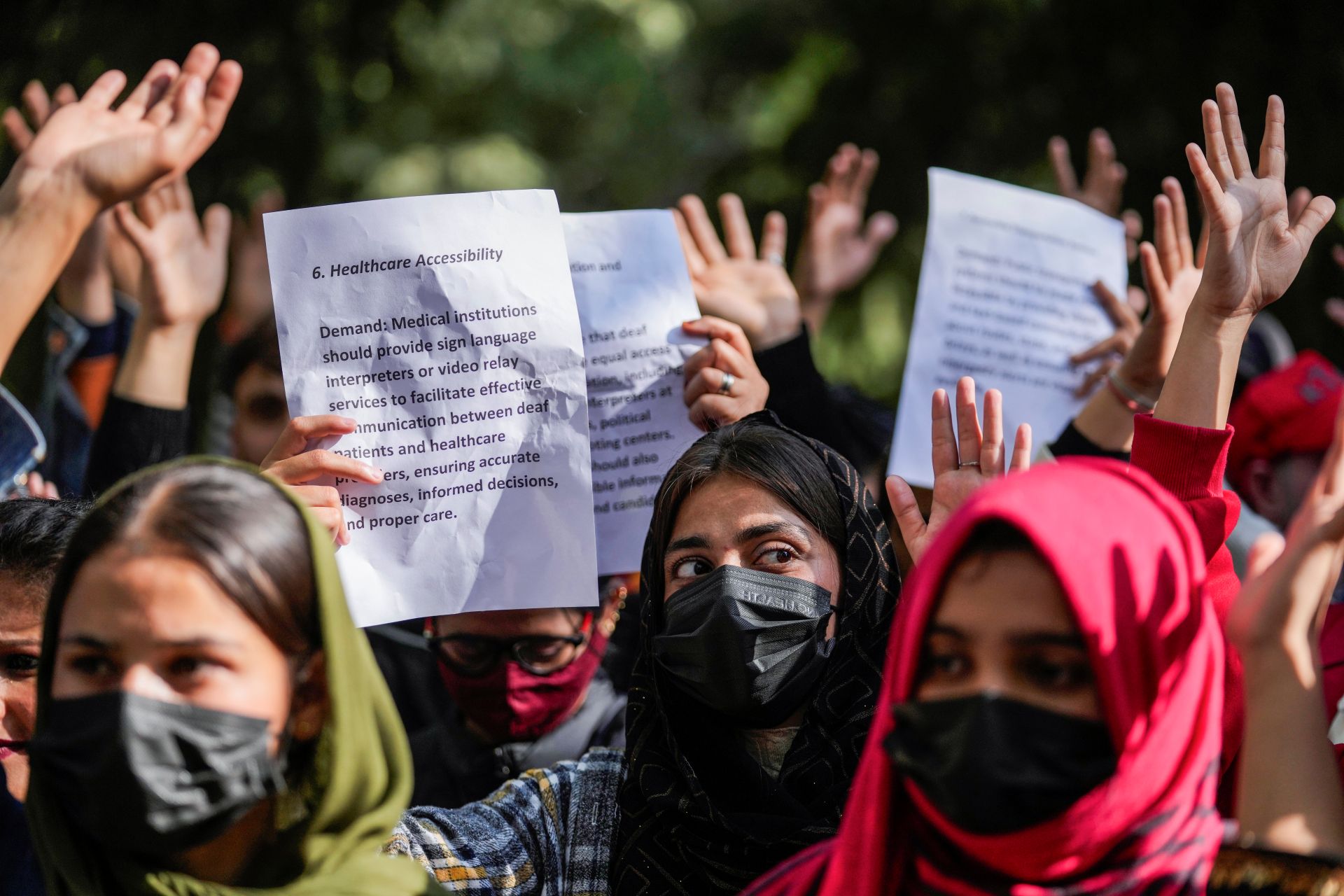













;Resize=805#)




